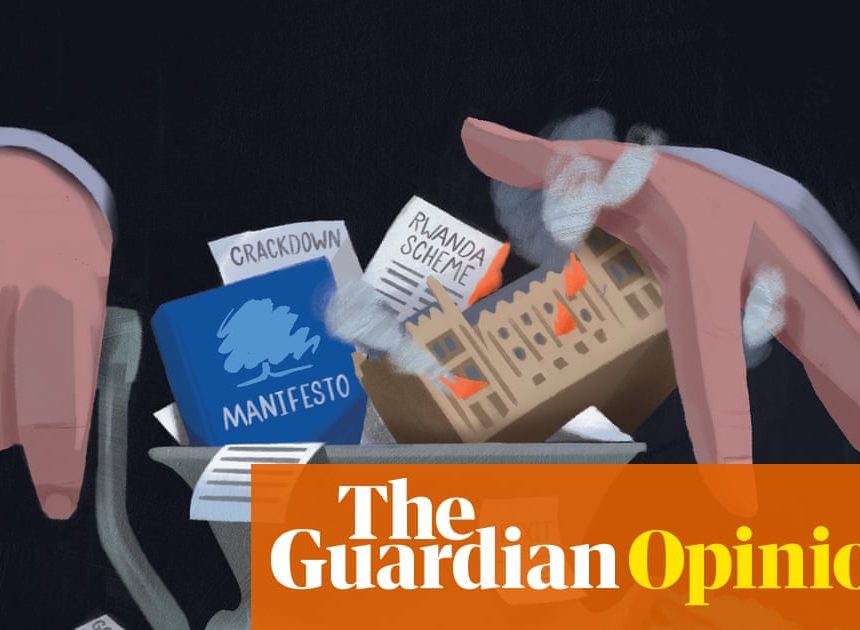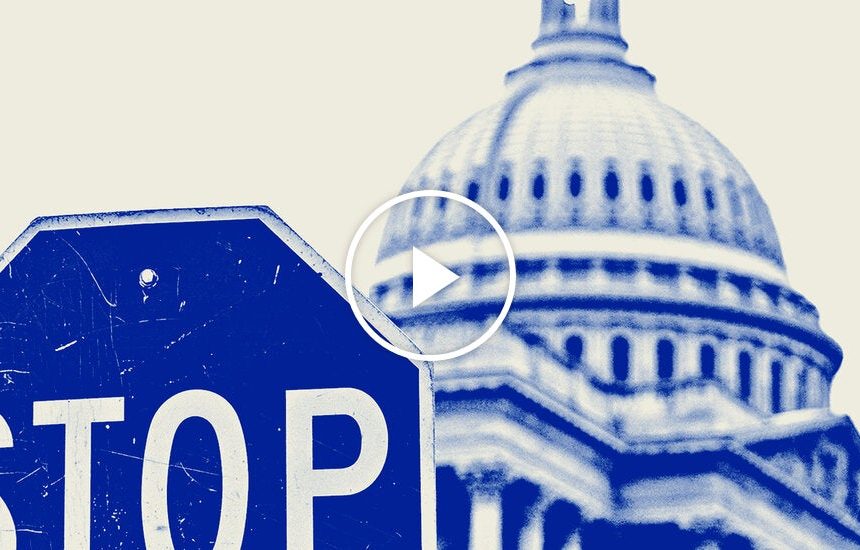The devastating attack on train passengers in Cambridgeshire last weekend was shocking. There has been talk of heroes who risked their lives to help others, and of those who hid to save their lives. If you are anything like me, you will be asking yourself: what if that were me? How would I cope? And just who would I turn out to be when the worst happens?
Some of us imagine that we would vault to the rescue, fighting off attackers. Others, perhaps the more realistic among us, anticipate flight, extricating ourselves from the situation as quickly and efficiently as possible. Most of us would like to think that we would stay our urge to run, lingering long enough to offer aid to those in need.
People tend to think of “fight or flight” as the body’s natural responses to danger. But the reality is a lot more complicated. As humans, we are a social species, which means we also have the “tend and befriend” drive. You see it all the time in emergencies. In fact, my background in police psychology has shown me that one of the biggest challenges in dealing with any disaster, be it a plane crash, or a threat to a school, is managing all of the people who will inevitably converge at the scene: people running towards danger. Not to confront it, but to reach their loved ones. When we are in a life-threatening situation, we have an instinctive urge to draw those we love close to us. We also have an inbuilt urge to protect those who have been harmed.
So, what turns someone into a helper? The first thing to remember is that running away does not equate to cowardice. If someone is coming at you with a weapon, fear is sensible, flight is adaptive. Removing yourself from the situation is the rational thing to do. But once you have done that, new opportunities are then presented to you. You may not be the one who will charge down the attacker, but I’m willing to bet that once you have done what evolution programmed you to do and removed yourself from danger, you will then turn to those who are harmed, offering them aid. This is the tend and befriend response in action. Remember that few things create bonds as quickly or as powerfully as danger. Once you have survived the immediate threat, the survival of those around you is likely to become your top priority.
It also depends on who we see ourselves as being. Have we imagined ourselves as the hero? It may sound silly, but what we imagine for ourselves can create a schema of behaviour, a mental model that provides us with a template for how to respond in a crisis. Schemas are incredibly important in fast-moving situations. When our stress response is high, we lose the capacity to think rationally. The part of the brain that governs rational thought (the prefrontal cortex) receives less blood flow when we are in a highly stressful situation. So, instead we rely on other parts of the brain (notably the limbic system), responsible for things such as instincts, emotions, muscle memory and schemas. Having a pre-existing schema in place that includes us helping will go a long way towards creating that behaviour.
It also matters whether we have had experience of emergencies before. In my experience, emergency services and military personnel are often excellent in a crisis, because they have learned to quell the immediate stress response, calm themselves long enough to assess the situation and see what needs to be done. But anyone who has learned how to manage their own fear reaction can function well in a situation like this. The truth is, having survived previous crises is powerful learning for us. It tells us that we can experience terrible things, and we can survive.
Another factor is how closely a person identifies as someone who does good things. Some people spend a lot of time considering the value they add to the world. Other people don’t. If you do, you are more likely to want to help because that’s simply who you are.
The truth is that disasters, for the most part, move quickly. Moments may feel like hours, but they will pass in the blink of an eye. And then you are left, a survivor of the worst of times. If that happens, it is OK not to be OK. In the immediate aftermath of a life-threatening event, most of us will fall apart. Even if it is only for a little while. If, in the aftermath of trauma, you have struggled with painful recollections, difficulty sleeping, feeling jumpy and tearful or angry, know that this is the human stress response doing what it does best. Your brain has been presented with the most unlikely and terrible of circumstances. It now has to build a place to store these experiences – a new schema, in which you are a survivor. That can be a bumpy process.
But what we also know is that, for most people, these feelings will settle over time, as the initial stress response fades and you incorporate this new piece of you into your understanding of who you are. Sometimes, if the stress response clings on, some help may be needed to assist you in processing your experiences. Remember, terrible moments hit each of us differently, weaving their way into our past experiences and our current situations, creating a unique response for each person affected.
after newsletter promotion
Critically, being permanently scarred is far from a given. People caught up in terrible events such as the one in Cambridgeshire last weekend will probably never forget. But they will adapt. Many people who have lived through the worst of times, who now have the identity of survivor, report experiencing a sense of post-traumatic growth over the longer term. That doesn’t mean they don’t wish it hadn’t happened, that they hadn’t had to live through it. But because they have lived through it, the person they have become is stronger than who they were before.
-
Emma Kavanagh is a psychologist who worked for many years for the police and military. Her books include How to Be Broken and The Psychopath Effect, to be published in 2026
-
In the UK, the charity Mind is available on 0300 123 3393. In the US, call or text Mental Health America at 988 or chat 988lifeline.org. In Australia, support is available at Beyond Blue on 1300 22 4636, Lifeline on 13 11 14, and at MensLine on 1300 789 978


